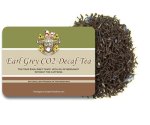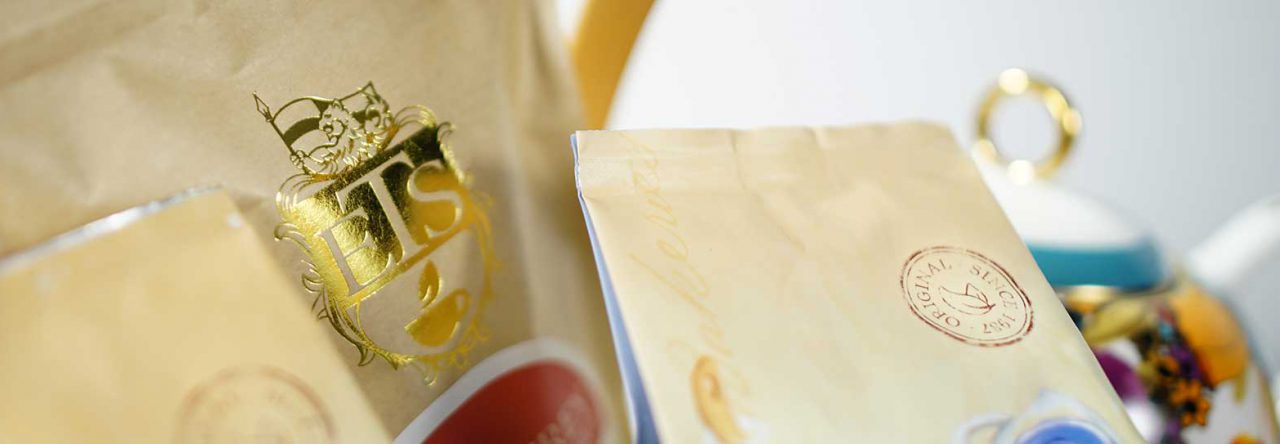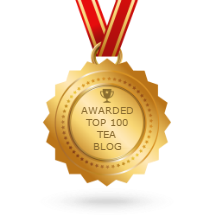There’s good news for tea drinkers who are sensitive to caffeine or who simply prefer to cut down on it, for whatever reason. Thanks to a variety of low and no-caffeine alternatives, you don’t have to cut out tea altogether.

Tisanes, more commonly known as herbal teas, are a great alternative to “real” tea, all of which contains caffeine. Some of the most popular tisanes are chamomile, mint and assorted and sundry blends made with hibiscus and/or rose hips and various other flavors. Most tisanes are naturally caffeine free. Rooibos and honeybush, which both hail from South Africa, are good choices for anyone who seeks a flavor somewhat akin to tea, but lacking tea’s caffeine kick.
In the strictest sense of the word, tea is a beverage made from the leaves of the Camellia sinensis plant, a beverage in which caffeine is always present. The sole exception to this rule is decaffeinated tea, which is any variety of tea that has been processed to remove most of the caffeine. In the United States, at least 97% of caffeine content must be removed before tea can qualify as decaffeinated.
 There are essentially two methods used to remove caffeine from tea. One, which is used by a number of tea merchants, uses pressurized carbon dioxide in a process that removes caffeine – and not much else – from tea leaves. Other processes, which are thought by some to not be so effective, use chemical compounds like methylene chloride and ethyl acetate to remove caffeine.
There are essentially two methods used to remove caffeine from tea. One, which is used by a number of tea merchants, uses pressurized carbon dioxide in a process that removes caffeine – and not much else – from tea leaves. Other processes, which are thought by some to not be so effective, use chemical compounds like methylene chloride and ethyl acetate to remove caffeine.
According to one popular notion, caffeinated tea can be relieved of its caffeine content by rinsing the leaves for 30 seconds, discarding the water and then steeping the tea in the normal fashion. However, there are those who dispute the effectiveness of this method. For some thoughts on why this is the case, look here.
For a somewhat more detailed explanation of decaffeination, refer to this article. Or click on the following link for an overview of the decaffeination process of tea and various other types of beverages.



Leave a comment